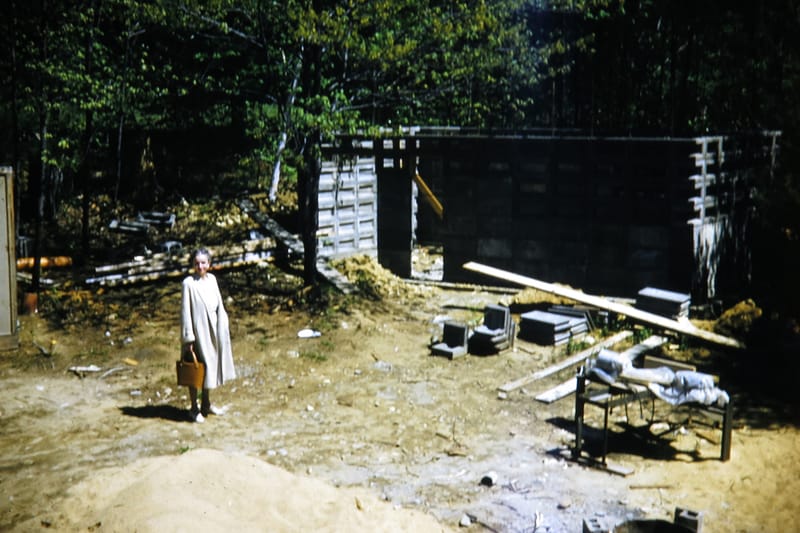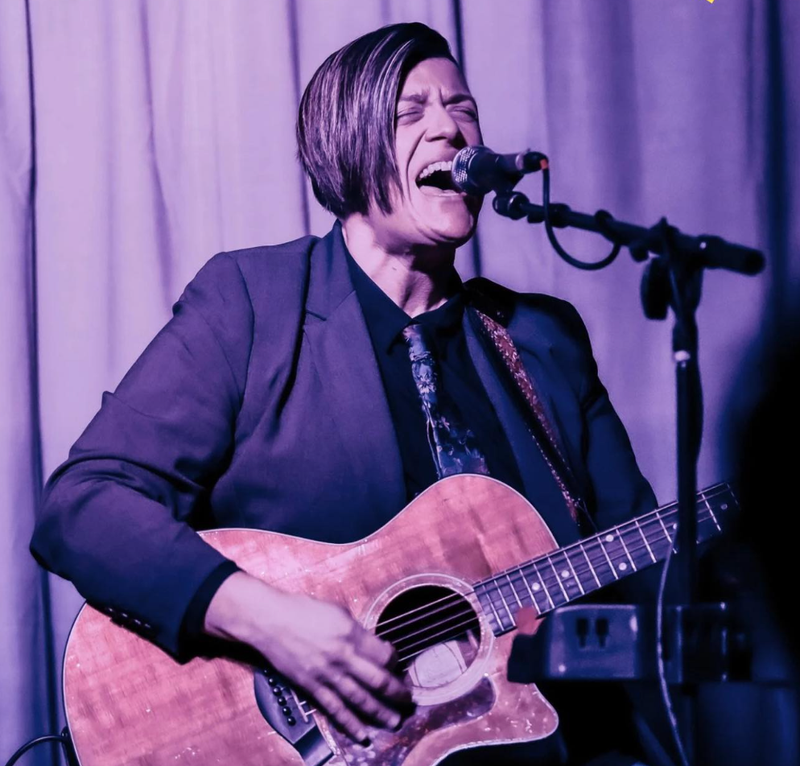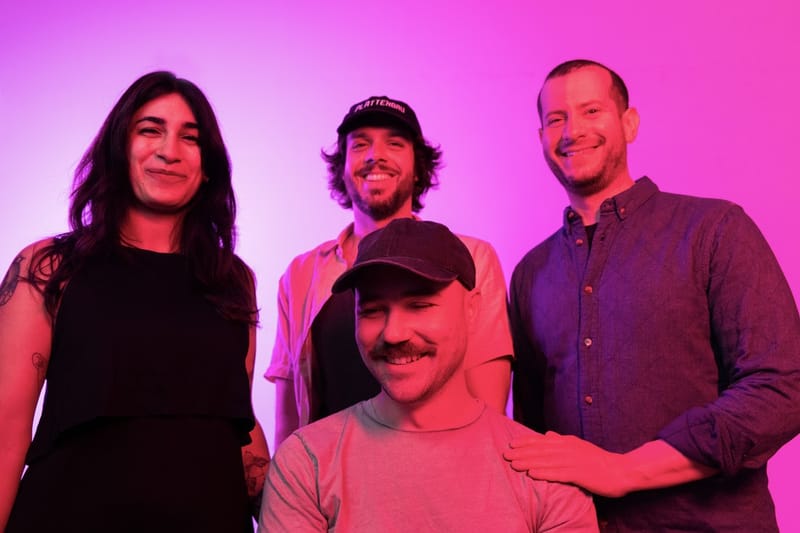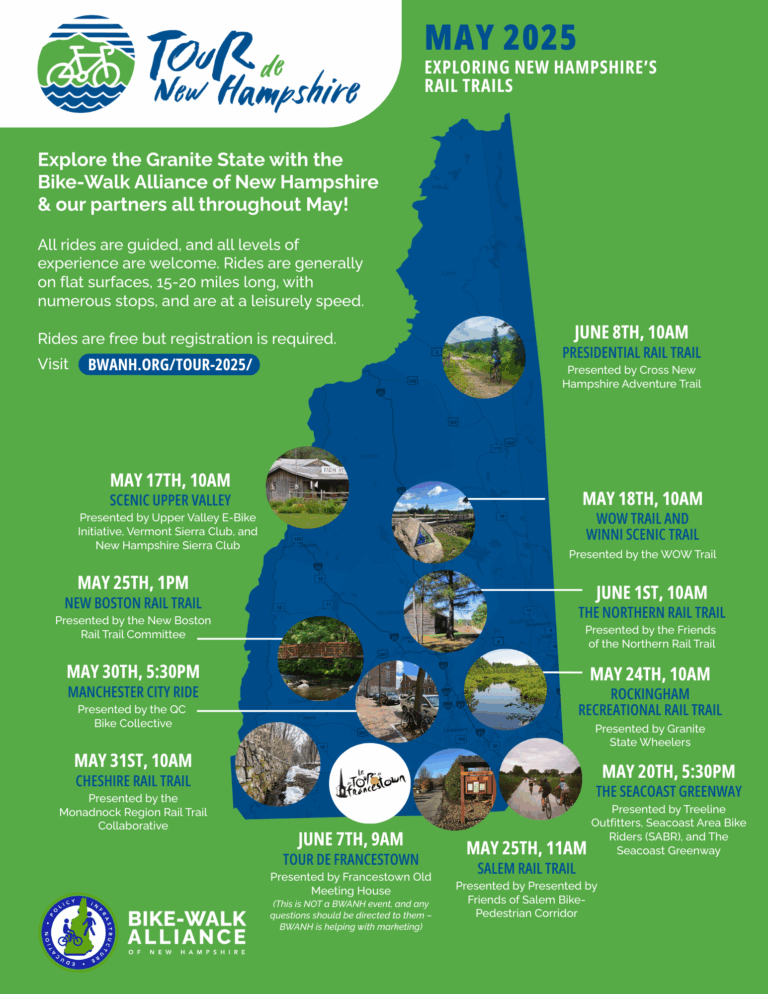‘When We Free the World:’ Join documentary filmmakers May 15 for discussion on defining manhood in America – and the journey of healing
Everything Kevin Powell knows about manhood today has come to him by questioning everything he thought he knew.
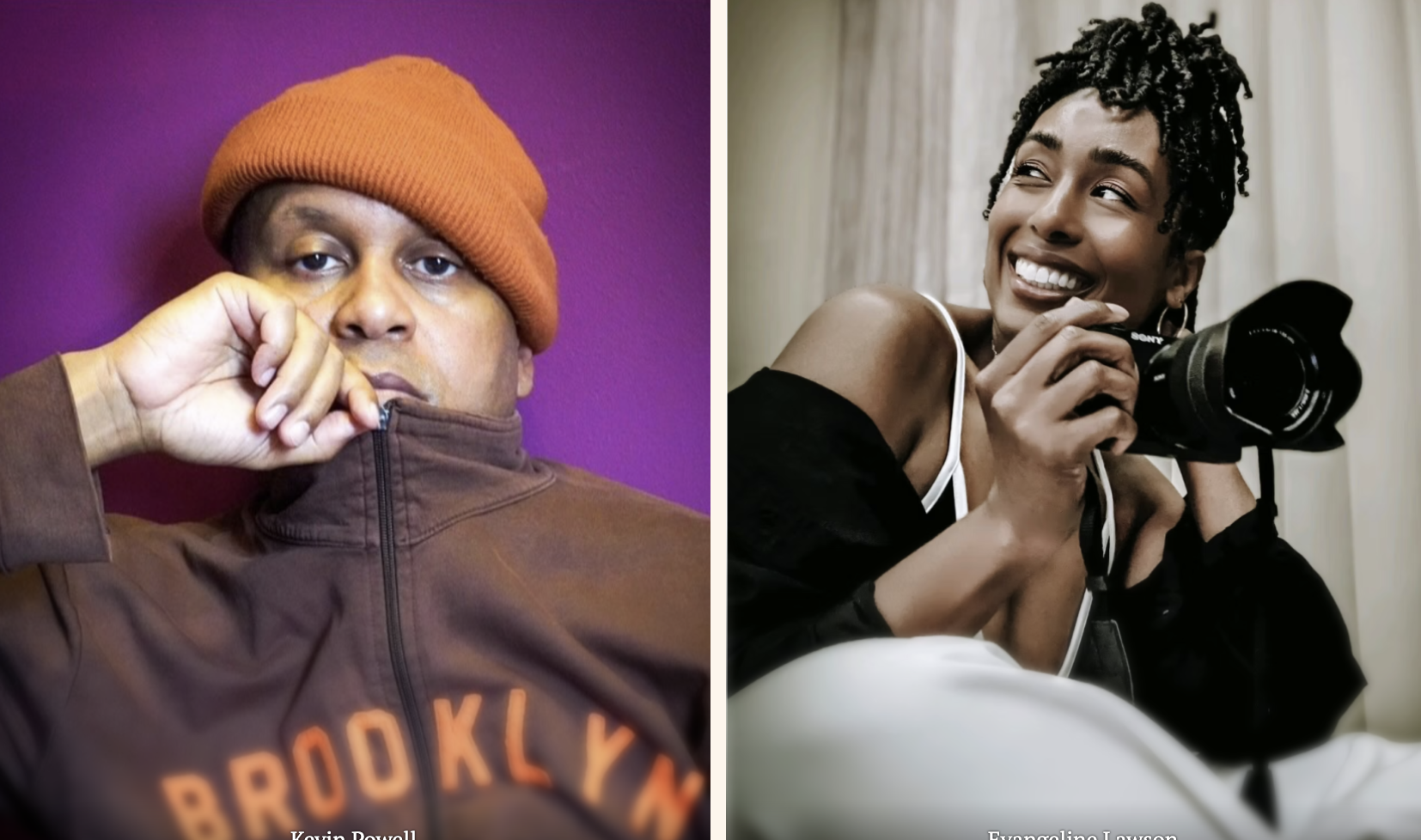
May 15 screening of Kevin Powell's documentary will take place at the YWCA in Manchester.
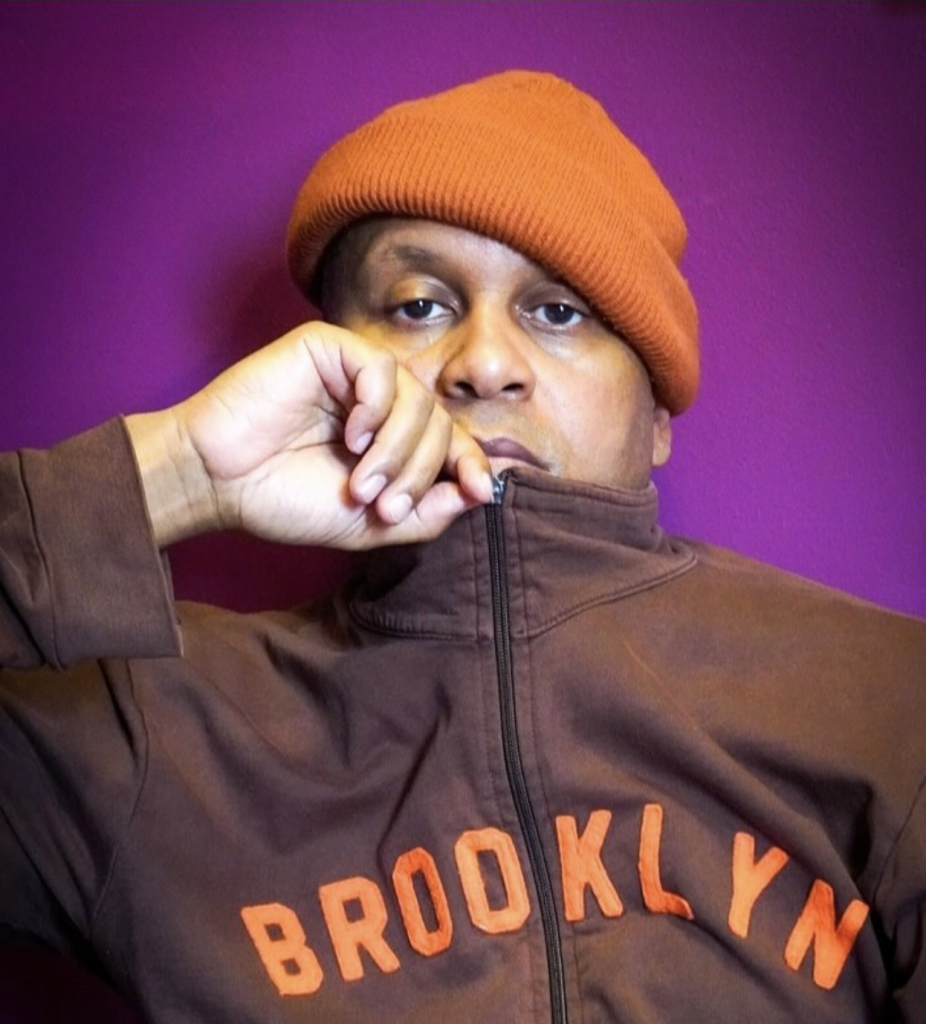
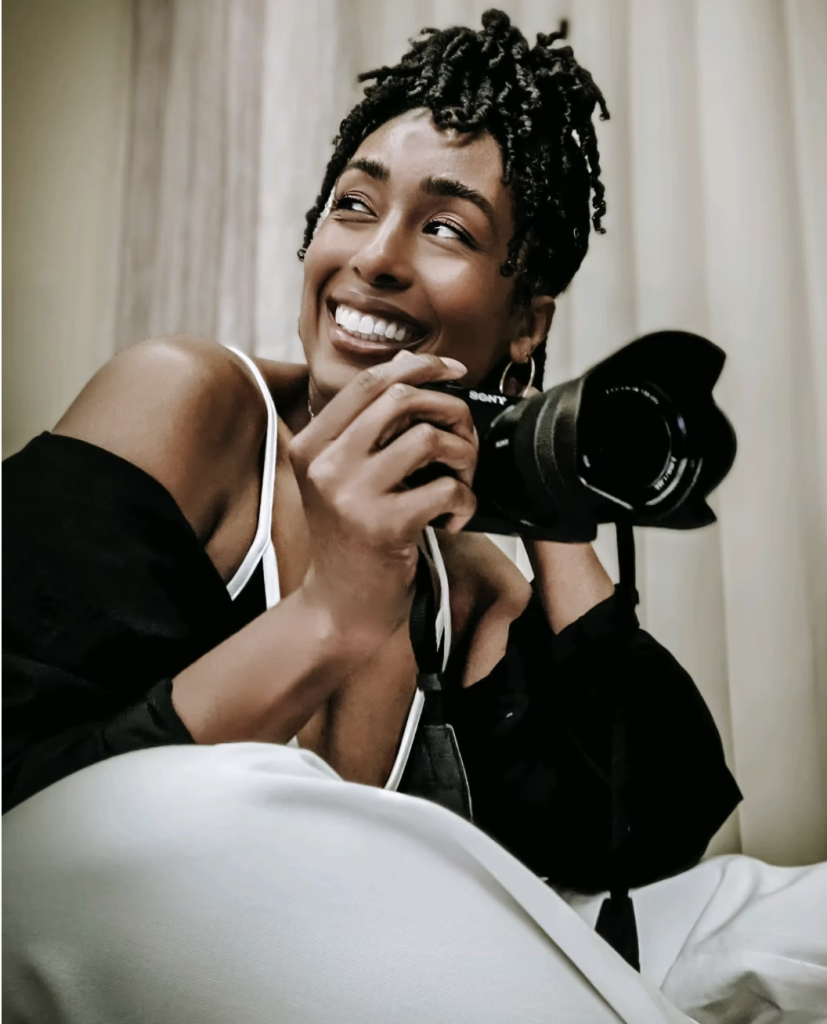
Dynamic duo Kevin Powell and Evangeline Lawson will be in Manchester on May 15 in support of their new documentary, “When We Free the World.”
MANCHESTER, NH – Everything Kevin Powell knows about manhood today has come to him by questioning everything he thought he knew.
Powell, an acclaimed journalist, author, human and civil rights activist and public speaker, has spent several years transcribing the knowledge of the ages he extracted in the course of working on his new documentary film, “When We Free the World.”
Co-produced by Powell and fellow creator/collaborator Evangeline Lawson, an artist, photographer cultural curator and researcher in her own right, the film helps pull back the curtain on often unspoken complexities of manhood in America. The film, says Powell, is a step forward in the journey toward healing among those he and Lawson interviewed for the film – Black men across several generations, from teens to those well into their 90s.
On May 15, Powell and Lawson will bring their documentary to the YWCA, 72 Concord St., as part of a community dialogue on manhood and healing. The exclusive film screening was made possible by The New Hampshire Black Women Health Project, which will help guide the discussion following the screening.
Why It Matters
This event brings national voices to New Hampshire’s ongoing dialogue about equity, identity, and public health. This event provides a rare opportunity for local communities, especially youth and underserved populations, to engage directly with thought leaders such as Powell and Lawson, in shaping the future of American culture.
Doors open at 5 p.m.; the screening will take place from 6 to 8 p.m. followed by the Q&A session and an opportunity to meet the filmmakers.
Tickets are available here for a suggested donation of $20 in advance / $25 at the door. Students attend free with a school ID. Light fare will be served.
Below is a Q&A with Powell conducted by Anthony Payton, of Anthony Payton Media.
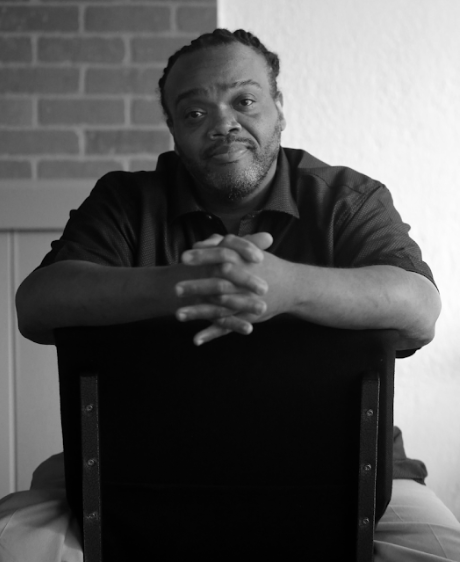
Payton: Your new film touches on deep themes of manhood and healing. What inspired you to tell this story now, and what do you hope audiences walk away with?
Powell: I have worked on this film for six long years. Was inspired by many things, including Beyonce’s LEMONADE visual album. I was struck by the interconnected stories, by the cinematography, by her focus on women and girls. I said to myself, “I want to do something like this for men and boys, through the lens and lives of Black males in America.” But it is really for all people, because how we define manhood in this society – good and bad – affects us all.
Look at what is happening with the current male-dominated leadership coming out of the White House as exhibit A. That is why our film, “When We Free the World,” is a very honest and vulnerable documentary in a way we rarely get to see males express themselves. My hope always is that people see this film and feel and think, and think long and hard about where they are in their own walks, and how we can be healthier mentally, spiritually, in all ways. But we have to be willing to talk, to have the difficult conversations.
Payton: You’ve spent decades working at the intersection of activism, media, and community empowerment. As a journalist or filmmaker, how do you see storytelling moving the needle on justice and equity today?
Powell: I just say I am an activist and an artist at this point, I keep it mad simple. Not really into titles or my personal status or resume. I am interested in two very basic things: helping people/being a servant, and telling stories. I have done both in many forms during these few decades, be it street protests or conferences, speaking tours or published books, and definitely via poetry, blogs, podcasts, and now film. I am forever about finding new and exciting ways to both serve and to tell a story.
I cannot imagine my life not being both.
And given who I am as someone who comes from poverty, a single mother, so many injustices right out of the womb because of my background, the work around justice has been there, even when I did not know it was as a child. This is what it is for, freedom and democracy and justice should be for all people, no matter what their identities; not the privileged few. So anything that has justice as its foundation, that is where I will be, as long as it includes healthy doses of healing work to do.
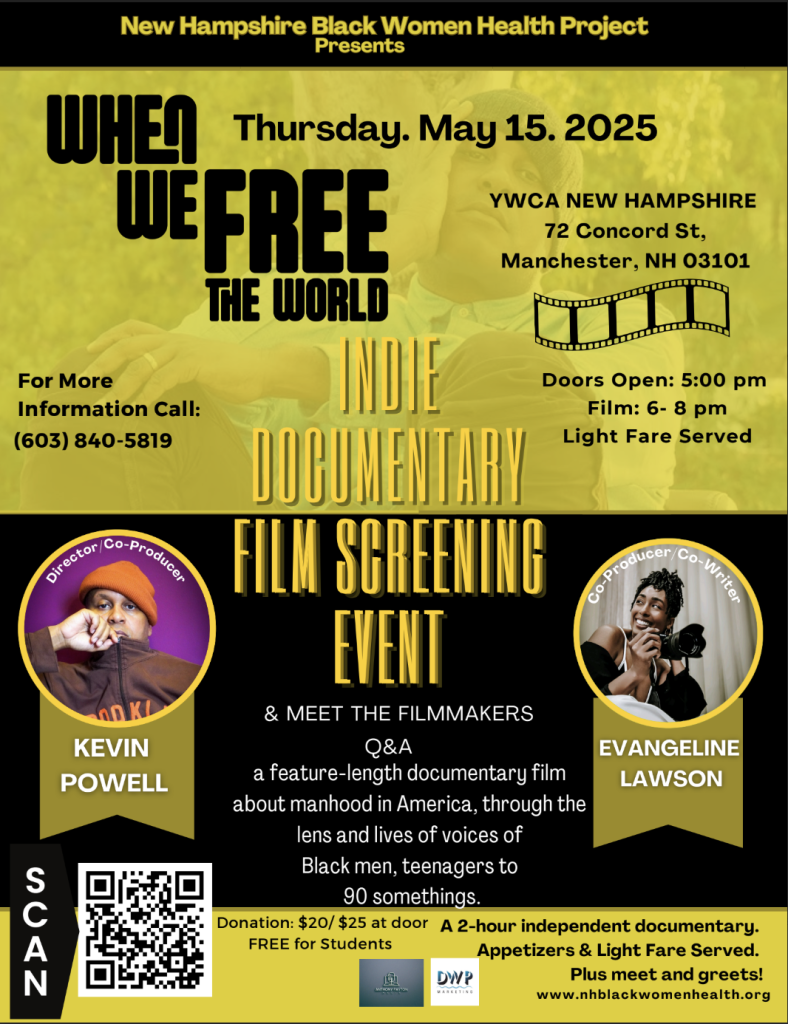
Payton: What message do you have for young people and community members in cities like Manchester who want to make a difference but may not know where to start?
Powell: My message to all people and all ages and generations is the same: Identify what you are passionate about, learn more about it, get involved right there where you are locally, because we know all movements are local always. Reading, studying, absorbing history and current events in some form—reading, audio books, podcasts—is really critical. I travel America nonstop for my work, have literally been to all 50 states. I love that I have seen this nation in ways many will not. But it also hurts my heart how few people know basic American history, or their own family history. You cannot be a leader, an activist, a servant, a helper to others, if you are not also constantly a student. And serving your community, regularly, in some way.
Payton: What vegan meal should the world know about because it’s so good?
Powell: Watermelon! LOL! I have never been ashamed of proclaiming, very loudly, very publicly, my deep love for watermelon. Why should I be ashamed, when the roots of watermelon are in the motherland, Africa, and the love came with us as enslaved people to this land. I have been vegan nearly 25 years, and over time I learned the massive benefits of watermelon for the body, so every summer, boy, do I digest much watermelon. Because, indeed, it is so good.
If you would like to be a vendor or sponsor for this event, call 603-840-5819 or email nhbwhp@gmail.com – Vendors: $50; Community Sponsors: $100


